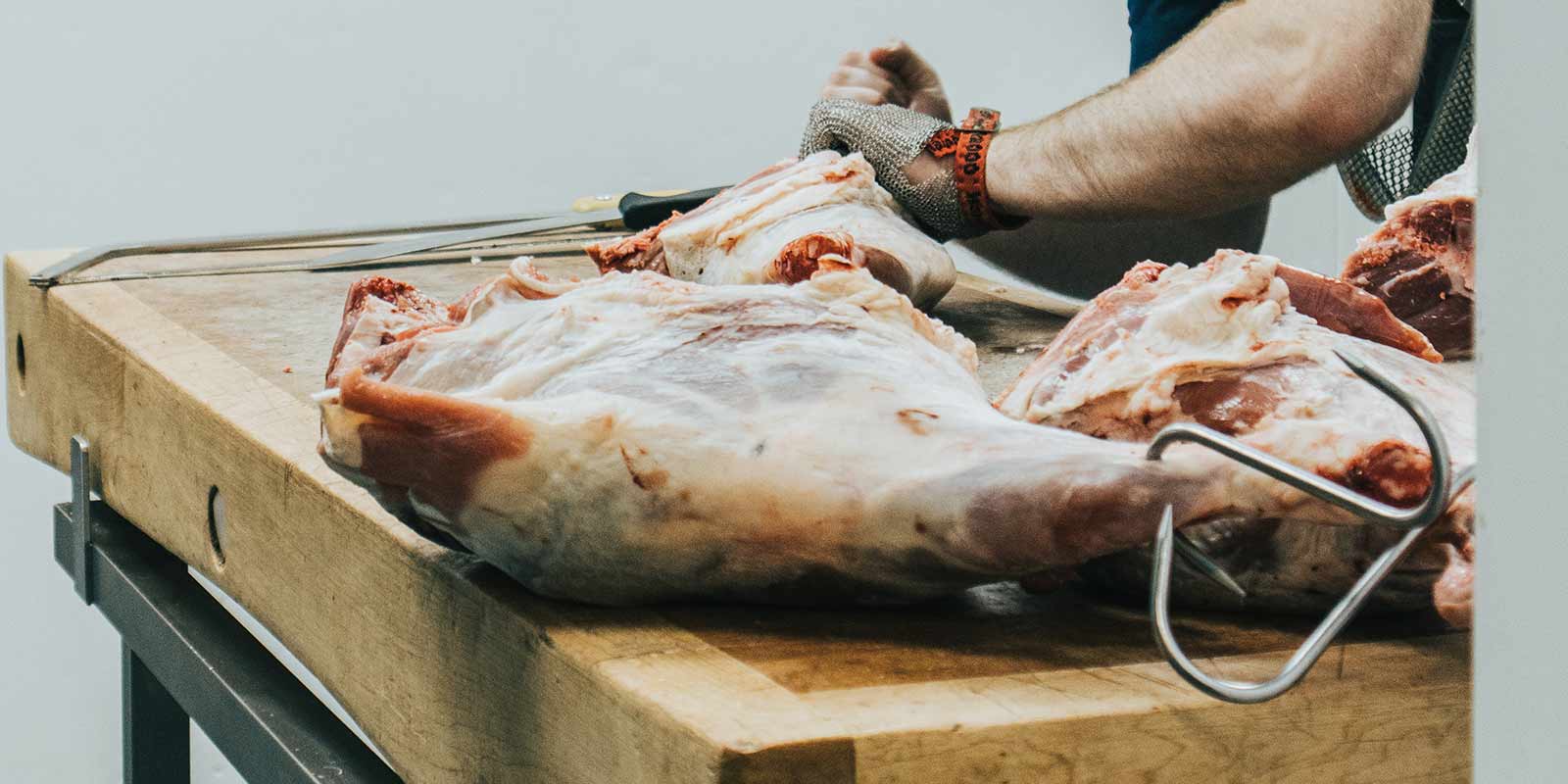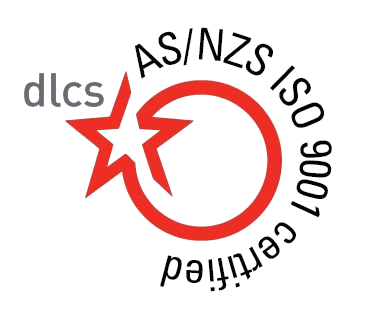Maintaining a clean and hygienic environment in meat processing facilities is crucial to ensure food safety, comply with regulations, and uphold consumer trust. At Orbit Cleaning, we specialise in providing tailored cleaning and sanitisation services to meet the stringent requirements of the meat industry.
1. Prevention of Bacterial Growth
Bacteria require specific conditions to grow, including moisture, nutrients, and suitable temperatures. In meat processing plants, organic materials such as blood, fat, and proteins provide an ideal breeding ground for harmful microorganisms. Regular and thorough cleaning helps eliminate these residues, reducing the risk of bacterial proliferation and ensuring the safety of the final product.
2. Protection of Brand Reputation
A single incident of foodborne illness linked to a product can have devastating effects on a company’s reputation. Contamination resulting from inadequate cleaning practices can lead to consumer distrust, legal actions, and significant financial losses. Implementing stringent cleaning protocols demonstrates a commitment to quality and safety, reinforcing consumer confidence and protecting the brand’s image.
3. Compliance with Regulatory Standards
Meat processing facilities are subject to strict regulations to ensure public health safety. Standards such as the Hazard Analysis Critical Control Point (HACCP) system and Sanitation Standard Operating Procedures (SSOPs) require documented cleaning procedures and regular monitoring. Non-compliance can result in penalties, shutdowns, or loss of certification. Adhering to these standards through effective cleaning practices is essential for continued operation and market access.
4. Prevention of Cross-Contamination
Cross-contamination occurs when harmful microorganisms are transferred from one surface or product to another. In meat processing, this can happen through contact with contaminated equipment, surfaces, or personnel. Regular cleaning and sanitisation of all contact surfaces, tools, and equipment help prevent the spread of pathogens, ensuring that products remain safe throughout the processing chain.
5. Extension of Equipment Lifespan
Accumulation of residues such as fats, proteins, and minerals can lead to equipment degradation, corrosion, and malfunction. Regular cleaning not only ensures hygienic conditions but also maintains the integrity and functionality of machinery. This proactive maintenance reduces downtime, repair costs, and the need for premature replacements, leading to long-term operational efficiency.







